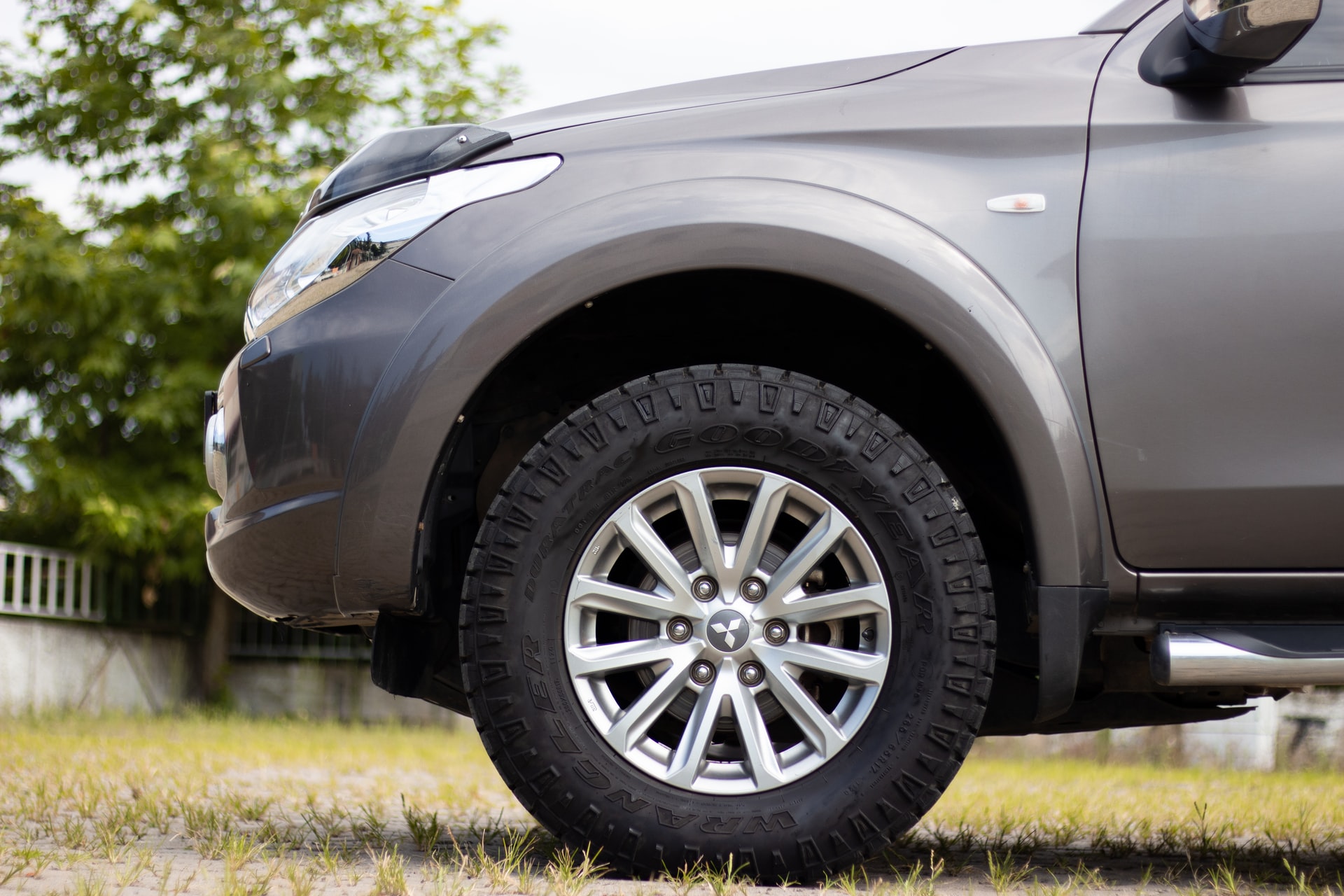
Summer is slowly giving way to autumn, it’s getting cooler, it’s raining more and more – before we know it, October will be on our calendars
For many drivers this is also the time of the annual tire dilemma. Is a change to winter tires still necessary in the current climate, or will good all-season tires suffice?
Replacing worn out tires with new ones can be a painless process – just buy the same make, model and size that are matched to your vehicle by the manufacturer when it was new. But there are many makes, models and sizes available that can affect how your car performs in certain weather conditions.
For most people, tires come in three different versions – summer, winter or all-season. Each is designed for a specific set of parameters that vary between brands and each has specific advantages and disadvantages. It is important to understand what each tire can and cannot do, and to compare its capabilities to the driving conditions we are likely to experience.
Typically marketed as performance tires, summer tires are best suited for warmer weather. They are made of a softer rubber compound and usually feature large tread blocks to ensure maximum contact with the road.
As a result, summer tires generally have better grip in both wet and dry conditions and provide optimal cornering and braking. However, as temperatures drop, their soft rubber hardens, which significantly reduces grip. In addition, lower temperatures can cause the edges of the tread block to chip or the rubber compound to crack.
When temperatures drop significantly, you really should consider a set of winter tires for your car. These have a deep tread pattern and a series of very thin cuts, called sipes, across the tread. The deep tread can help flush out excess slush, while the sipes and other ridges help push the snow itself between the tread blocks, providing excellent grip. Sipes also provide balance on icy surfaces.
Winter tires also use rubber that is specially formulated to provide better grip on cold, dry pavement. Even if you don’t experience snow on a regular basis, winter tires are still the best choice when temperatures are cold.
The vast majority of new cars arrive at dealerships equipped with all-season tires, however, because they can perform well on dry or wet roads, as well as on roads with light snow.
However, we should think of all-season tires as a “something for something” solution. All-season tires may perform adequately on dry, warmer roads, but they won’t give you the same level of handling and grip as a summer tire.
They may have a longer life than summer or winter tires, and they may get you to the ski slopes as long as the mountain road is only lightly covered with snow. But even then, they won’t stop or corner as well as winter tires when it gets really cold.
So when deciding which tires to choose for your car, it’s worth considering what conditions you plan to drive in. If you need a car for city driving and are not planning any long trips, especially in winter, all-season tires can be the ideal solution. Otherwise, it is nevertheless worthwhile to go for more safety and precision.
Main image: Vedat Kandemir/unsplash.com